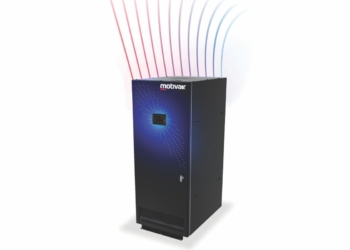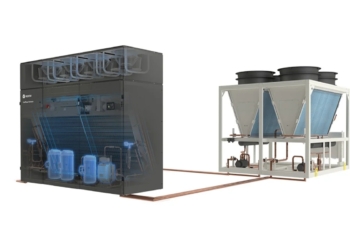Allegro argues case for sustainable energy storage
Author: Joe Peck

As data centre expansion accelerates to meet the demands of AI, cryptocurrencies, and cloud services, Australia-based developer Allegro Energy is arguing for the relevance and applicability of its long-duration energy storage (LDES) technology in “enabling scalable, sustainable energy solutions tailored to the unique needs of modern data centres.”
With data centres operating on consistent, high-load profiles, they are uniquely positioned to benefit from a clean power strategy that combines renewable generation with long-duration energy storage.
Allegro Energy’s modular, scalable, and environmentally-friendly battery systems, according to the company, “present a solution that overcomes the prohibitive cost, scalability, and sustainability challenges associated with traditional lithium-ion or vanadium-based systems.”
• Modularity & scalability — Allegro’s LDES systems are designed to grow in parallel with a data centre’s needs, allowing incremental investment and deployment.
• Renewable compatibility — The system pairs with solar and wind energy, aiming to help data centres navigate grid volatility and peak pricing while advancing towards net zero carbon targets.
• Climate-friendly storage chemistry — The water-based electrolyte technology is not resource-constrained, hoping to offer a low-impact alternative that can be deployed at scale.
“The exponential growth of generative AI, cloud computing, and digital services has made energy a critical chokepoint in data infrastructure,” says Thomas Nann, CEO of Allegro Energy.
“We believe the future of high-performance computing does not need to come at the cost of the planet. With our technology, data centres can be powered entirely by renewables, supported by reliable, cost-effective long-duration storage.”
Allegro Energy’s proprietary, locally manufactured micro-emulsion electrolyte technology eliminates the need for scarce or rare metals, reducing fire risk and allowing for extended storage durations at a lower cost.








